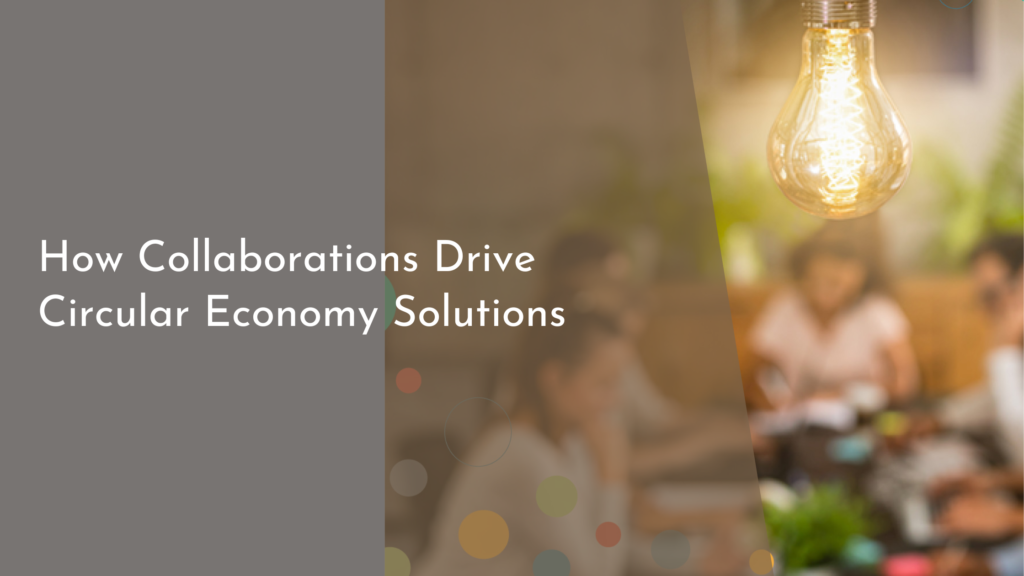Innovative Urban Parking Lot Recycling Systems
As urbanization continues to rise, cities are faced with the dual challenge of accommodating a growing population while minimizing environmental impact. One unexpected area ripe for innovation is the traditional parking lot. The concept of recycling systems within urban parking spaces has emerged as a solution that not only improves parking efficiency but also contributes to a more sustainable urban landscape. This article explores the revolutionary changes happening in parking lots, highlighting how innovative recycling systems are transforming these spaces and paving the way for eco-friendly urban living.
Transforming Urban Landscapes: The Parking Lot Revolution
Parking lots are often perceived as barren expanses of asphalt, contributing little to the aesthetic or environmental appeal of a city. However, a parking lot revolution is underway, transforming these underutilized spaces into vibrant, multifunctional areas. By integrating green technologies and sustainable materials, cities are reimagining parking lots as eco-friendly hubs that support both vehicles and the surrounding community. Projects that incorporate permeable paving, green roofs, and native landscaping help to absorb rainwater, reduce heat islands, and enhance biodiversity.
The revolution is not solely about aesthetics; it also focuses on increasing the efficiency of parking spaces through innovative designs. For instance, modular parking systems are being developed that allow for dynamic space allocation based on real-time demand. This approach optimizes the number of vehicles accommodated while minimizing land usage, demonstrating that urban parking can evolve beyond its traditional limitations to become a crucial component of sustainable city planning.
How Recycling Systems Enhance City Parking Efficiency
Integrating recycling systems within urban parking lots is a game-changing strategy for improving overall city efficiency. These systems ensure that materials used in the construction and maintenance of parking facilities are repurposed, reducing waste and lowering costs. For example, using recycled materials like crushed concrete and reclaimed asphalt not only decreases the environmental footprint of parking lots but also enhances the structural integrity and longevity of these spaces. Additionally, cities can implement systems to recycle used motor oil and other automotive fluids, minimizing pollution and promoting responsible vehicle maintenance.
Beyond construction materials, recycling systems also create opportunities for waste management. Smart bins equipped with sensors can notify waste management teams when they are full, ensuring that recycling efforts remain efficient and effective. By educating the public and encouraging recycling practices, cities foster a culture of sustainability that extends beyond the parking lot. This holistic approach not only maximizes utility but also builds community engagement with eco-friendly practices.
Creative Approaches to Sustainable Urban Parking Solutions
Innovation in urban parking isn’t limited to recycling; it’s a comprehensive movement that embraces technology and creativity. One exciting approach is the implementation of multi-functional parking structures that serve as community spaces during off-peak hours. These structures can host farmers’ markets, art shows, or recreational activities, transforming parking lots from mere car storage into vibrant community hubs. By maximizing the use of space, cities can enhance social interactions while promoting sustainable practices.
Another creative avenue is the use of electric vehicle (EV) charging stations integrated with solar panels in parking lots. This not only incentivizes the use of EVs but also powers the charging stations with renewable energy. Moreover, systems that allow for car-sharing services within parking structures can further reduce the number of vehicles on the road, contributing to lower emissions and a smaller urban footprint. These innovative solutions highlight that urban parking can be a catalyst for change, challenging the traditional notions of how we utilize urban spaces.
The Future of Urban Parking: Eco-Friendly Innovations Ahead!
Looking ahead, the future of urban parking systems is bright with possibilities. As cities continue to grapple with congestion and pollution, energy-efficient parking solutions will become paramount. Innovations like automated parking garages that utilize robotics to park and retrieve cars can drastically reduce the space required for parking, allowing cities to repurpose land for parks or community centers. These futuristic designs hold the promise of transforming urban landscapes while addressing practical parking needs.
Additionally, with advancements in technology, cities are increasingly adopting smart parking solutions that utilize apps and sensors to guide drivers to available spaces. This not only reduces the time spent searching for parking but also decreases emissions from idling vehicles. As more cities embrace these eco-friendly innovations, urban parking lots will increasingly reflect a commitment to sustainability, ensuring that they play a vital role in the evolving urban environment. The parking lot revolution is only just beginning, laying the groundwork for a greener, more efficient future.
In conclusion, innovative urban parking lot recycling systems represent a significant step forward in the quest for sustainable city living. By transforming traditional parking lots into eco-friendly, multifunctional spaces, cities can enhance efficiency, reduce waste, and foster community engagement. Embracing these creative solutions not only benefits urban environments but also contributes to a global movement towards sustainability. As we look to the future, the parking lot revolution promises a vibrant and green urban landscape where innovation and sustainability go hand in hand.

